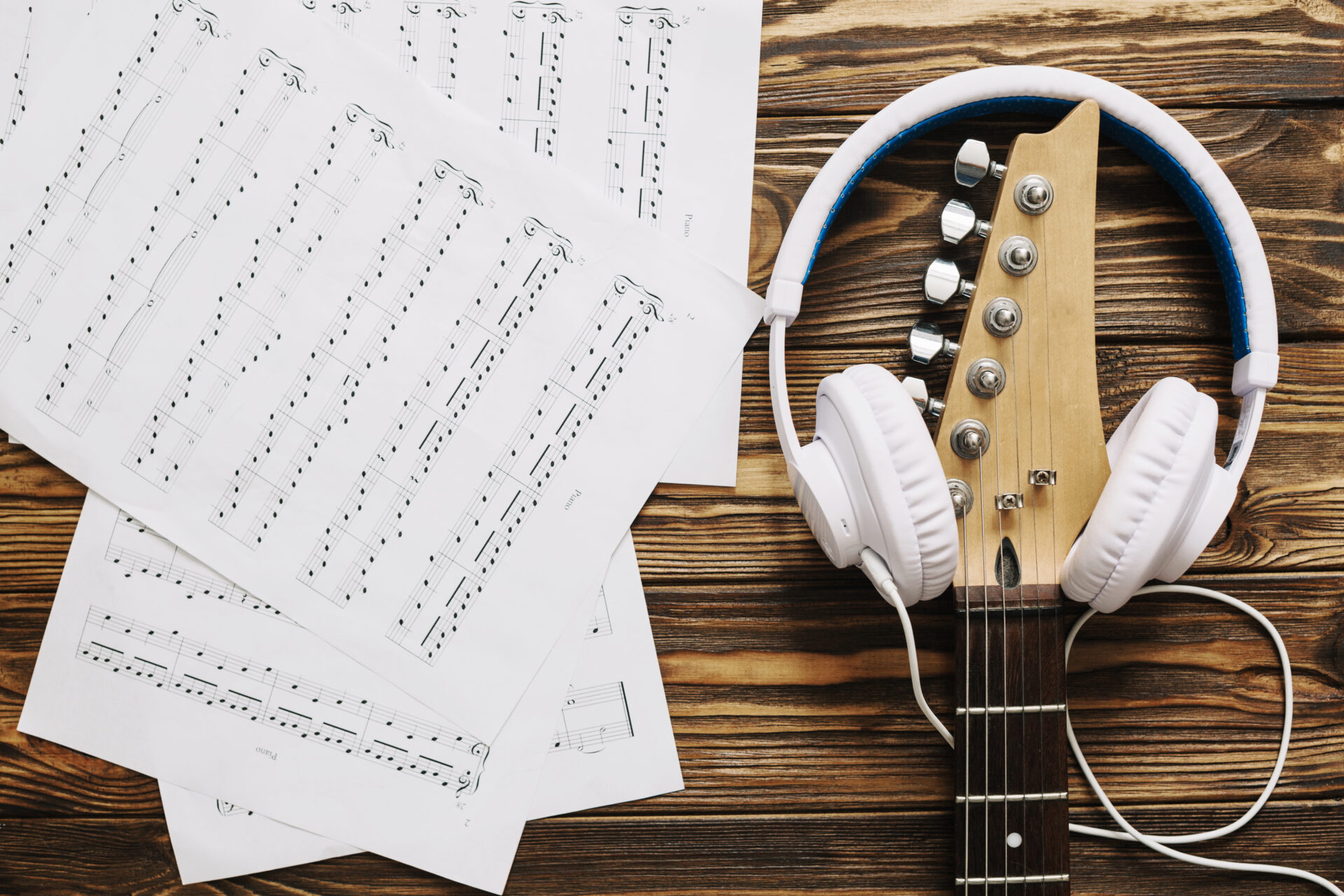Artificial Intelligence is all set to take over your jobs. You have listened to it multiple times and to some extent it is true. AI is dominating the technology with its lightning-fast potential to analyze bulky data and create tons of unique output. However, where people are amused by the accuracy and creativity of AI-driven tools, they also have a tinge of job theft threat with the growing use of artificial intelligence.
Music creators are wondering if AI is going to take over their jobs too. We have got a satisfactory answer for you. This blog post explores whether AI is a better alternative for human creativity. Let’s have a look at the sides of the picture.
The Revolutionizing Frontiers of AI
AI has made a long haul from its earliest day of dealing with simple algorithms to now generating complex codes. Whether it is the ChatGPT for generating the lyrics within a few seconds or the use of LANDR for online mastering to create professional quality tracks, Artificial Intelligence is revolutionizing the music industry.
The AI-powered software is potent for creating unique data in a flash of events and it is dreadful for the artist who spends hours of continuous efforts to create masterpieces of sound and expects to get sufficient value for their work.
However, AI-derived lyrics lack humanized emotions which is a drawback to creating a moving sound for the people that let the artist connect with them at the emotional grounds. This drawback is the major hindrance for AI to take over human creativity. Still, it can be used as a valuable tool in the music creation to ease the jobs of artists.
The Potential of AI for Crafting Music Composition
Here are the different ways AI can help artists create their marvelous compositions with its excelling powers.
- Idea Generation
All artists need inspiration to work on creating something unique and audience-driven to increase the likelihood of their success. AI can help you with unlimited idea generation in the blink of an eye by analyzing and assessing the complex music database available online. Especially, if you want to start with some out-of-the-box idea, AI can help you to achieve it.
- Efficient Output
The music industry is fast growing and if you want to be a crucial part of it, there is no unlimited time for brainstorming. You have to be quick and efficient with your job and AI can be the best way to kickstart your music composition journey with its efficient and speedy potential for the generation of unique content over your single command.
- Experimentation With Music
Nowadays, music creators are not content to create music within a single genre but they love to experiment with various musical elements to enlighten their creativity with such versatile approaches. AI can be a helpful tool to let you explore and figure out more creative compositions.
Drawbacks of AI in Music Composition
Here are the reasons why AI has been unable to be an alternative to human creativity in the music industry.
- Copyright Infringement
The outputs of AI are based on the data assessment from the comprehensive database of previous music compositions. So, there is a high possibility that it may commit copyright infringement by creating something close similar or even identical to already published compositions. Thus, it can be a risk to the reputation of the music creator as well as hurt the sentiments of other artists regarding their hard work.
- No Humanization of the Content
The major drawback of AI-created compositions is that they lack the emotional depth that is intrinsic in human creations. Such tools are only trained to copy the styles and music patterns and follow the commands and there is no essence of emotions in its output. Hence, these machine-driven lyrics are unable to attract a genuine audience.
- No Innovation
The content generated by Artificial Intelligence is based on the already available data, whether it’s about the pattern, style, or the existing music trend. There is no personalization and lacks innovative approaches that trigger excitement among the admirers regarding the upcoming song. Hence, in all ways, AI is unable to bring the creative style that humans can bring to their songs.
Final Words
In conclusion, where AI-driven tools can help with the entire process of music creation, from generating ideas to mastering the finished production. However, human creativity is still a crucial part of the personalization and innovations in the music industry.
A harmonized balance by mutual collaboration between the human brain and AI tools can be a perfect way to enhance productivity. Thus, humans still hold an irreplaceable spot in the world of music production.


